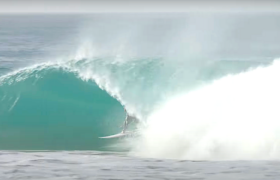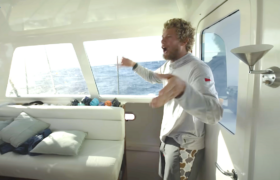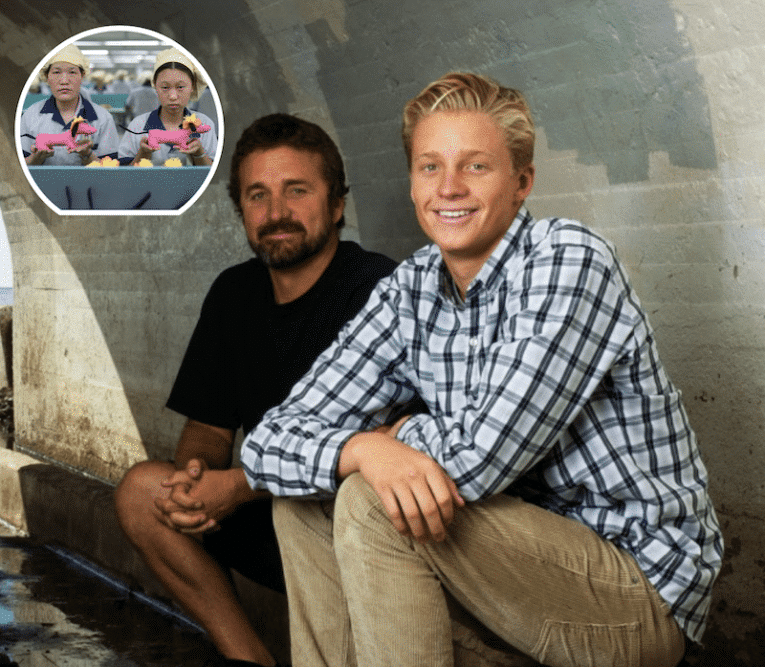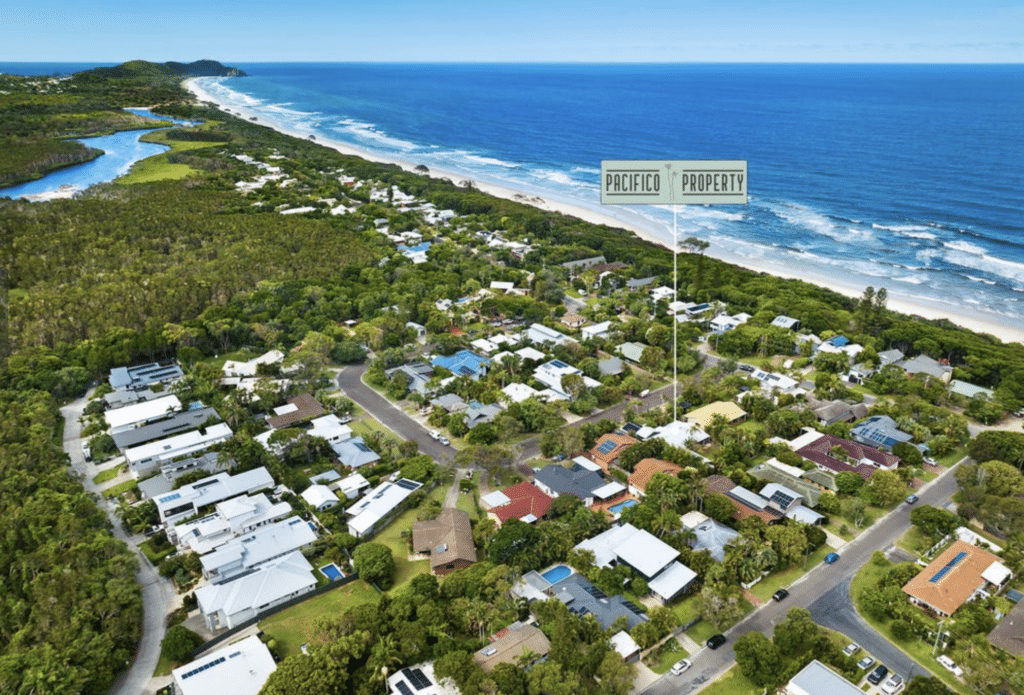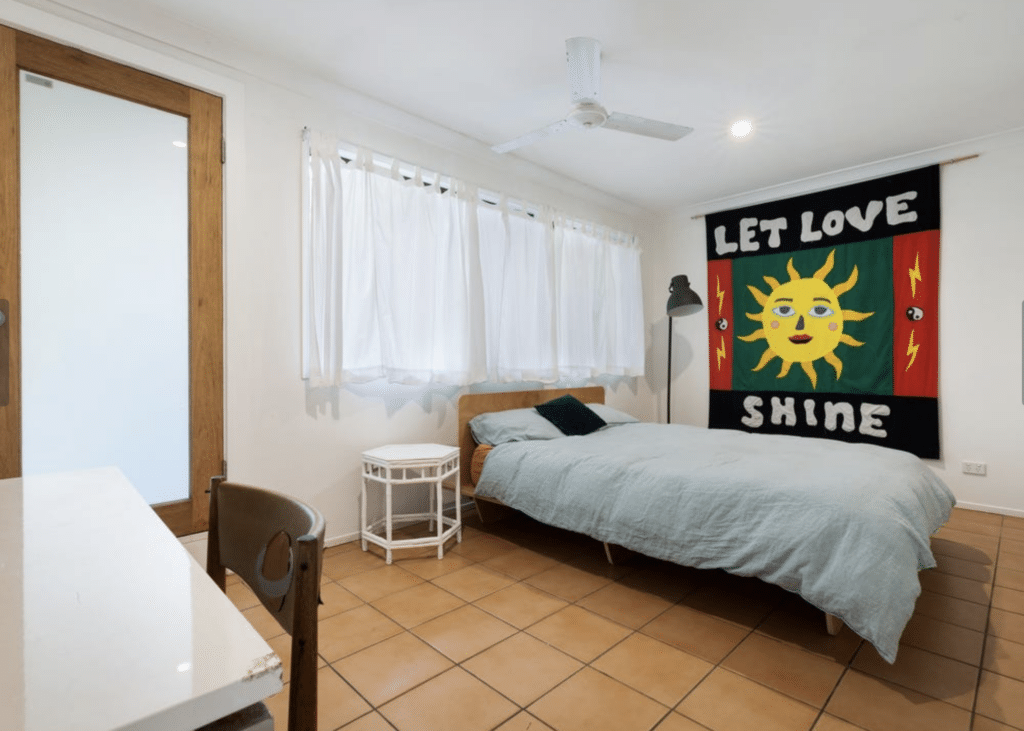“Have we hit a bump in the road? Yes. How much of this was our causing? Nearly all of it."
Only a few months after a dismal December quarter that saw Vans drop nine percent in sales and subsequently pull its sponsorship of the US Open and peel open the back door for some employees, its prez Kevin Bailey has shocked the market revealing “the brand has lost its grip on its image, as well as creative practices.”
“Have we hit a bump in the road? Yes. How much of this was our causing? Nearly all of it,” Bailey told Footwear News. “Our consumer said we want more style and versatility, but we kept pumping out Classics. When I wasn’t involved with Vans, I saw how much we spent on product development dwindle to places where no one spends that little.”
He ain’t wrong.
Y’don’t have to trawl too deep into a surfer or skater’s wardrobe to find a dirty ol pair of Off the Walls or Authentics, shoes unchanged in almost fifty years.
It’s a brand with legacy, literally defining the word Authentic.
“Vans is one of the greatest legacy companies not only in skateboarding, but in the worldwide community of action sports,” says Stacey Peralta.
You’ll remember Pauly Van Doren, the legendary founder of Vans, who was born just as the Great Depression was kicking into gear, died a couple of years back, aged ninety.
Van Doren, a high-school drop-out, whose nickname was Dutch the Clutch, created the Van Doren Rubber Co in 1966 with his little brother, James, who died in 2011, and their pals Gordon, Ryan Emmert and Serge D’Elia.
The first store, in Anaheim, California, sold American-made shoes direct to the public with the slogan, “Canvas Shoes for the Entire Family” at prices between two and four dollars a pair.
On opening day, Pauly forgot to put cash into the register.
“It was so stupid,” he said, telling customers to come back with the exact cash. “We sold something like 22 pairs of shoes that first day, and the remarkable thing is every single person came back and paid. Treat people like you would want to be treated.”
